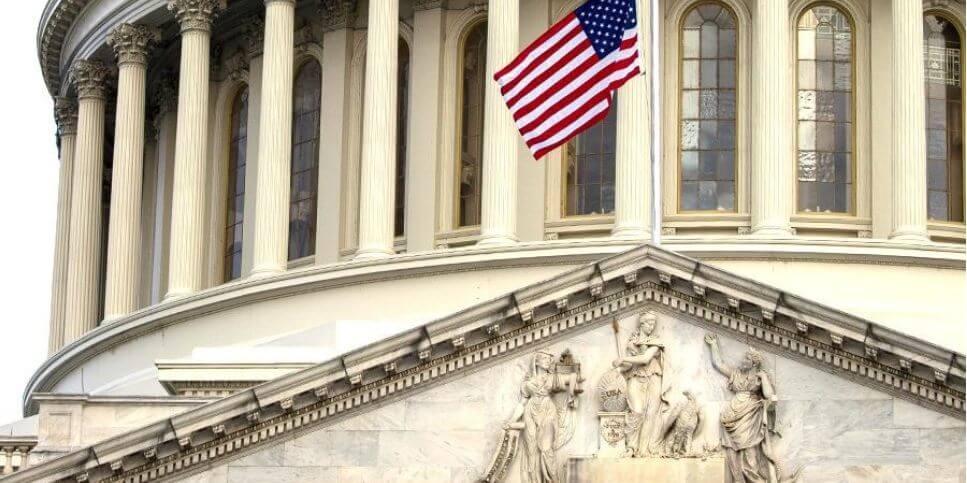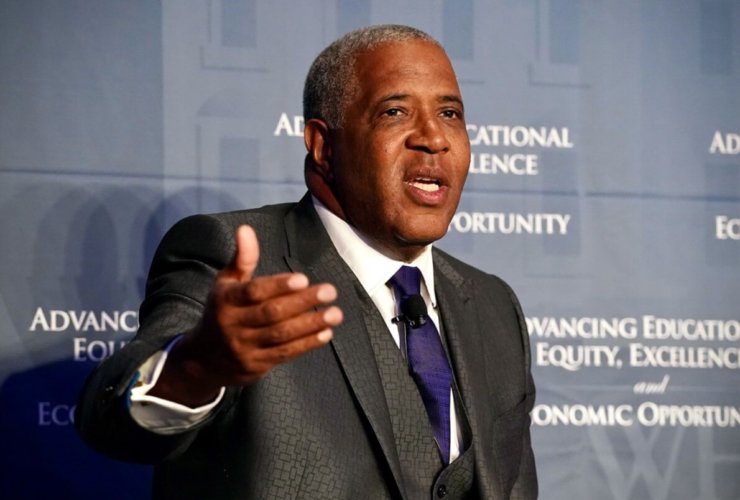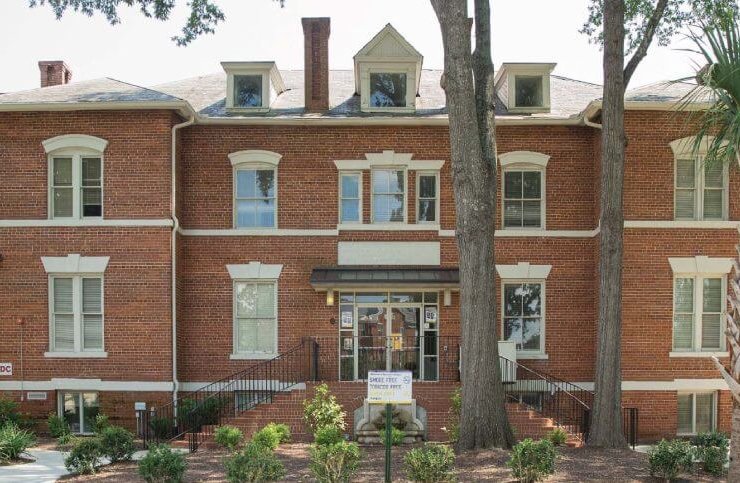The Community Development Financial Institutions Fund (CDFI Fund)
The United States Department of the Treasury (USDT) is the national treasury and finance department of the federal government of the United States. The department oversees the Bureau of Engraving and Printing and the U.S. Mint, and together, these two agencies are responsible for printing all paper currency and coins.
The USDT collects over $3.0 trillion in federal taxes through the Internal Revenue Service; manages over $20 trillion of US government debt instruments; licenses and supervises banks and thrift institutions with deposits of $15 trillion, and advises the legislative and executive branches on matters of fiscal policy. The department is administered by the secretary of the treasury, with the treasurer of the United States, and they determine coinage and currency production, and their signatures must appear on $5 trillion of US currency.
The USDT administers the Community Development Financial Institutions Fund (CDFI Fund), which is appropriated over $5 billion annually to promote economic revitalization in distressed communities throughout the United States by providing financial assistance and information to community development financial institutions (CDFIs). Created by the Riegle Community Development and Regulatory Improvement Act of 1994, the CDFI Fund has built a nationwide network of CDFIs committed to ensuring that underserved communities have access to quality, affordable, and credible financial services.
Since its inception, the CDFI Fund has provided more than $5.1 billion through a variety of monetary award programs and $66 billion in tax credits through the New Markets Tax Credit Program and has guaranteed more than $1.8 billion in bonds through the CDFI Bond Guarantee Program, all to increase the impact of CDFIs and other community development organizations in economically distressed and underserved communities.
The CDFI Fund’s award recipients must match the awards they receive with private sector investments; therefore, taxpayer dollars get more bang for the buck! With the financial backing of the USDT, the CDFI Fund’s awardees have leveraged billions of dollars of private investment, and some programs leverage as much as $10 for every $1 invested by the CDFI Fund.
However, none of this works without the community development organizations in economically distressed and underserved communities that identify and bring to the table projects that qualify for funding. The USDT provides funding to the CDFIs, which work with local Community Development Entities (CDEs).
These CDEs work directly with local communities to identify Qualified Active Low-Income Community Businesses (QALICBs) involved in businesses that promote economic revitalization in distressed communities. These businesses are required to be in the targeted community, have an established track record of community service and the necessary financial documentation (annual financial reports) demonstrating the ability to manage a substantial equity investment.
Over 90 percent of Historical Black Colleges and Universities (HBCUs) are in communities the meet the criteria of distressed as defined by the CDFI Fund. Also, HBCUs have an undeniable track record of providing services to these communities for hundreds of years, in fact it is their only mission.
The HBCU Community Development Corporation is ready to assist your HBCU in preparing a development plan for CDFI Fund approval.
If your HBCU needs assistance getting started, contact us now.



